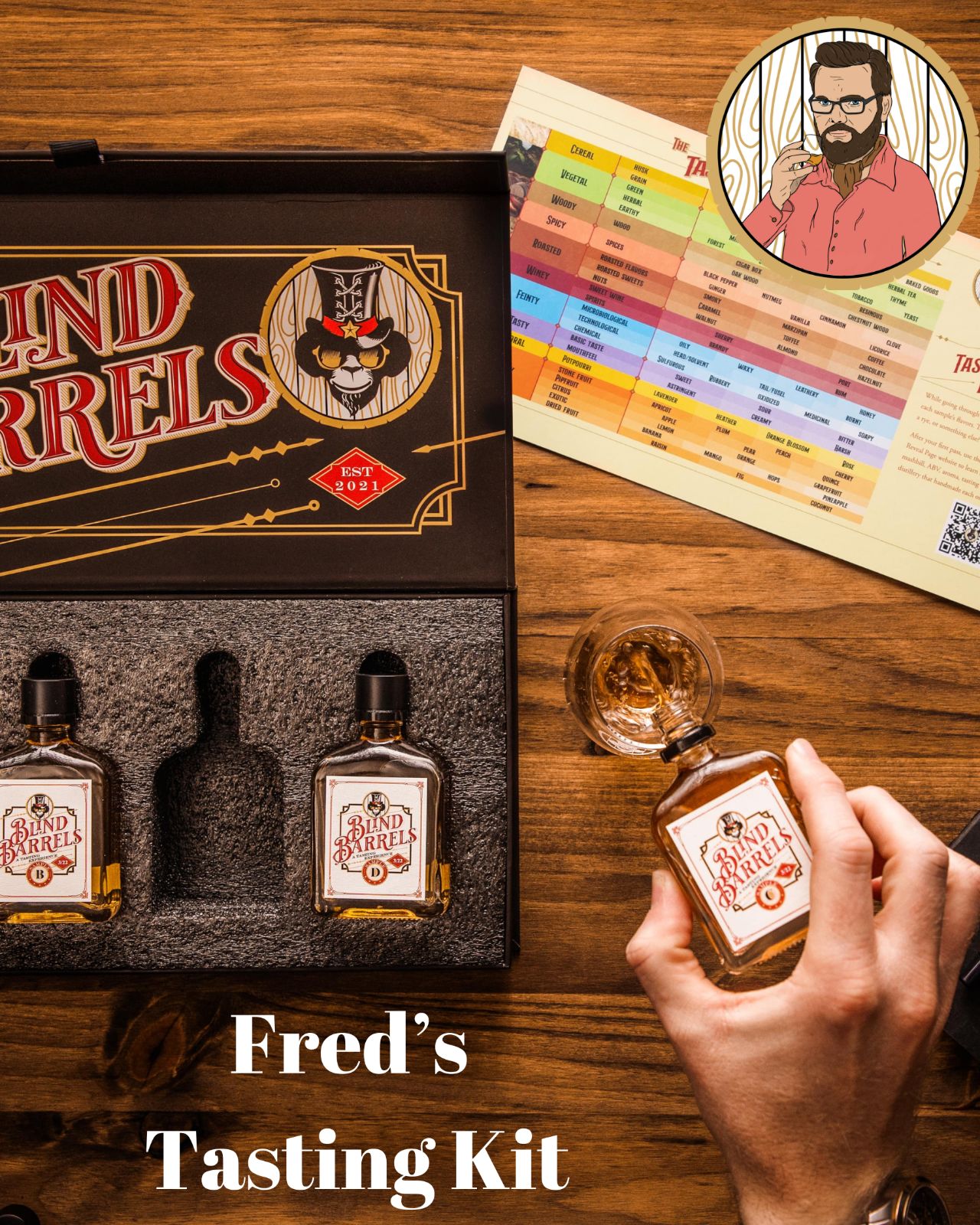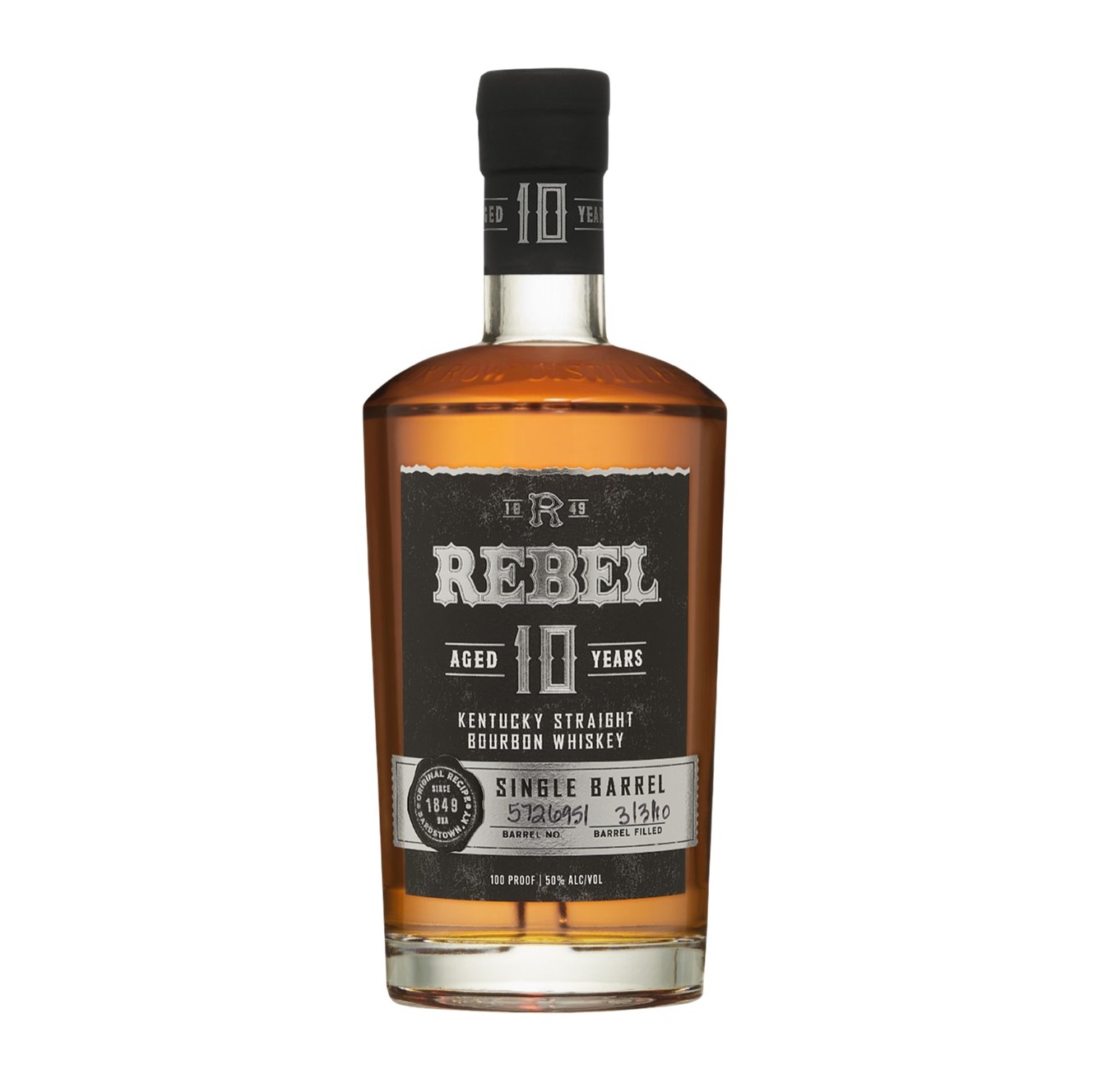5 Reasons Bourbon Brands Don’t Disclose Mashbills
When I’m leading tastings at the Kentucky Derby Museum, one of the most-frequent questions I get: “What is the mashbill?” I warn them the answer is complicated, and my answer depends upon the bourbons I’m tasting.
Sometimes, I choose the bourbons. Other times, like at weddings, I show up and see six bourbons I need to talk about. Jefferson’s tends to be a favorite when the customers select bourbons. “I have no idea what the mashbill is for Jefferson’s,” I say. The customers seem surprised and then I tell them: “There’s a great deal of brands who purchase whiskey from other distillers and bottle it. Jefferson’s is one of those brands. While it’s good whiskey, I cannot pinpoint its mashbill.”
Sometimes, they stick around and listen to me talk about all the other brands using contract distillation or sourced whiskey to fill their bottles. It’s a great moment for me because I enjoy educating people beyond bourbon marketing.
Regarding mashbills, I’ve come to realize there are five main reasons why brands will not disclose them.
They just don’t know.
Some bourbons were built on buying 300 barrels here and 400 barrels there from several distilleries. These barrels were a hodgepodge of mashbills, and the distillers literally cannot give an exact percentage.
They choose not to.
Buffalo Trace and Jim Beam are famous for this. They could disclose their mashbills, but choose not to and cite proprietary recipes. Even though distillers tend to believe the yeast, distillation technique and aging are more important than the grains, they still fear their recipe will be copied. It’s less likely that the distillers are concerned about a competitor’s flavor profile matching their product and more likely the marketers fear a less than reputable whiskey bottler will say something like: “This is the same recipe as ….” And that will create a sales fallout similar to the generic drug market.
Contracts.
When I interviewed members of the Lawrenceburg, Indiana, distillery MGP Ingredients for Whisky Advocate, I learned the massive sourced whiskey supplier did not require confidentiality in their contracts. That was up to the bottler. However, I’ve since learned some Kentucky distillers supplying whiskey to bottlers require confidentiality. For that reason, Willett cannot disclose its mashbills prior to its new distillery firing up in 2012.
Bad batches.
Occasionally, the fermenter will overload on a secondary grain and throw off the percentages in a batch. This is rare, but it happens.
Distillers don’t think consumers deserve to know the mashbill.
Sadly, this is a true fact that some bourbon marketers will never understand: Consumer mashbill knowledge is the evolution in this category’s enthusiasm. Feed it, and the consumer base will grow. Just ask Four Roses, which discloses everything about its products. Thus, it’s no coincidence that Four Roses has become the Whiskey Geek’s bourbon.
Buy Whiskey Women. Follow Me on Twitter / Facebook.








